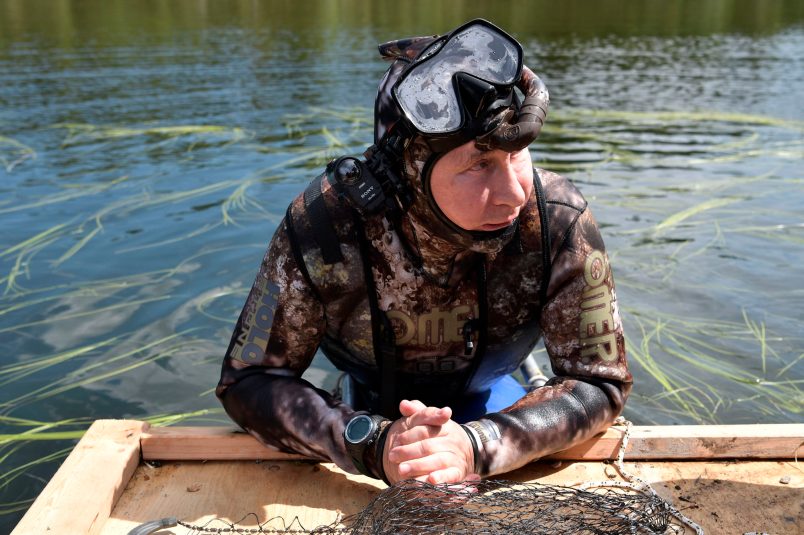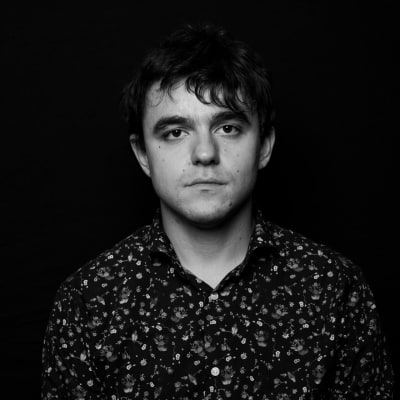Today, the New York Times and a German publication named Die Zeit each published articles about last year’s Nord Stream pipeline bombing which pointed to the same conclusion: Russia didn’t do it.
In the case of the New York Times, the reporters said that U.S. intelligence was learning towards attributing the attacks to an unidentified “pro-Ukrainian group.”
The story is written with extremely precise and somewhat bizarre language. Per the report, the “pro-Ukrainian group” was composed of saboteurs who were likely “Ukrainian or Russian nationals, or some combination of the two.”
Those responsible are also described as “opponents of President Vladimir V. Putin of Russia.” The Ukraine war has seen several groups composed of anti-Putin Russians, some with alleged ties to Ukrainian intelligence, appear.
Who paid for, or directed the bombing, remains unknown, per the Times piece. The article takes pains to say that American intelligence has not uncovered evidence saying that Ukrainian political or military officials ordered the attack before it took place.
The New York Times piece doesn’t offer details on what evidence U.S. intelligence has collected to lead them to that conclusion. It does come weeks after storied investigative reporter Seymour Hersh published a story on his Substack claiming that Biden personally ordered the bombing; the story appeared to rely on one quoted source and has yet to be corroborated by anyone.
The Times story doesn’t suggest that the U.S. government ordered the attacks, as Hersh claimed, but it does likely eliminate a significant early suspicion about who may have stood behind the September 2022 bombings: Russia.
After all, as any lover of The Big Lebowski will tell you, there’s a simple question at play here: who benefits? Since before the February 2022 invasion, Russia has used its energy supply to Europe as a significant source of leverage — Nord Stream 2 was built largely so Russia could have a way to supply gas to Europe without relying on Soviet-era pipelines that run through Ukraine.
A story from German publication Die Zeit purports to offer far more detail than the Times piece, citing sources within German law enforcement and intelligence. I can’t vouch for the veracity of this report. But, it’s interesting, and purports to fill in the gaps left by the Times.
Per Zeit, European investigators have not yet determined who ordered the attack. However, the paper reports, they have identified the boat that was likely used to plant the explosives.
The paper focuses on a Polish-docked yacht registered to two Ukrainians. Per the report, five men and one woman rented the boat and boarded it on September 6 in Rostock, Germany, with a team that included one captain, two divers, two diving assistants, and one doctor.
The suspects’ travel and boat rental was all arranged by what appeared to be professionally forged passports, Zeit reported.
Days after departing Rostock, the story reads, the yacht turned up in Christiansø, a Danish island near the blast site. The bombing took place on the night of September 22.
The group reportedly returned the boat to its owner in a dirty condition, and subsequent examination by law enforcement identified explosive residue in the vessel’s cabin.
Zeit, intriguingly, uses the same language as the New York Times when saying that European authorities received a tip soon after the bombing attributing it to a “pro-Ukrainian group.”
Again, the Zeit piece needs to be taken with a grain of salt. But if anything, it all deepens the mystery around who ordered the bombing.

 Members-Only Article
Members-Only Article


